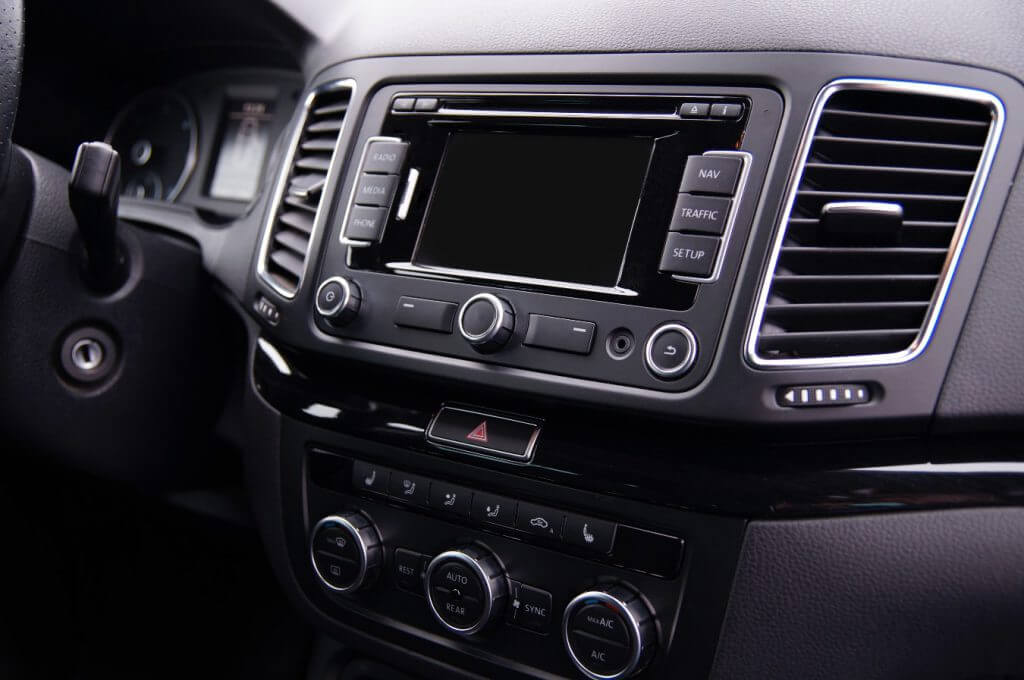Hidden from the spotlights of the industry, automotive fasteners are silent heroes, which hold practically every car part together. Even though the most common material in the fastener industry is metal, zinc, or brass, the number of items made of plastic is increasing as we speak, bringing numerous advantages to engineers and users. In this article, we explore the various applications of plastic fasteners in the automotive industry.

They Have Been Around For a Long Time
Plastic as a material has a long history in the car industry. After WWII, plastic started having widespread use, but it was still a pretty new and expensive material back then. With the improvements in production, different types of plastic started emerging, and it became a household material by the late ’60s, early ’70s. Today, more and more parts, components, and fasteners have been made out of plastic. Experts claim that this is a future material since the development of metal as materials is pretty much coming to its limits.
The Advantages Of Plastic Automotive Fasteners
Plastic has proven to be a much more durable material than metal and is chemically and thermally resistant. This is very important since it means that plastic will not melt (some types, at least) when treated with high temperatures in the engine bay and will not rust when used in the car’s exterior or undercarriage. Of course, not all types of automotive fasteners can be produced out of plastic, but since the majority can, they also offer a significant weight reduction over metal fasteners. Even if the weight difference between a single metal and a plastic unit is tiny, modern cars use thousands of fasteners, which can add up, making the complete vehicle lighter and more efficient.
The significant advantage is that plastic fasteners are somewhat cheaper and faster to produce and can be engineered to work with the car’s passive safety features to provide better results in accidents.
The Disadvantages of Plastic Automotive Fasteners
Even though plastic is a superior material in some cases, it is not the definitive choice in the fastener industry simply since it has its limits. First of all, you cannot make any type of fastener from plastic and, for example, plastic springs will be terribly unreliable. Secondly, when used as a part of a more significant mechanical device (like an engine), plastic is just not as rigid as metal and cannot withstand heavy-duty use.
There is also a question of recyclability, and since the global car industry is moving towards sustainability, plastic fasteners are, in most cases, more complicated to recycle than metal ones. At the moment, top automotive fastener manufacturers are working hard to discover innovative materials that would be as durable but easier to recycle or re-use.
Plastic Fasteners from AUTO-FASTENERS
We globally source, stock and distribute OEM and TS16949 quality plastic fasteners in a wide range of high grade and certified materials. These include; polypropylene (PP), polyurethane (PUR), poly-vinyl-chloride (PVC), polyamide (PA), polystyrene (PS), polyethylene (PE). We work closely with our customers to ensure injection moulding tooling meets OEM standards, fit and feel. The types of plastic fasteners we’re able to provide include clips, ties, clamps, holders, saddles, mounts, bases, cleats, straps, grips and more.
Find out more by getting in touch with us today on 01926 814600 or send an email to enquiries@auto-fasteners.com